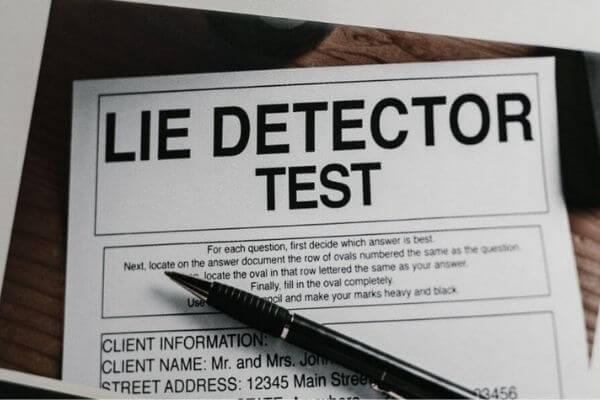
The results of polygraph tests are not admissible as evidence in criminal proceedings, but still remain controversial in civil litigation.
In 1999, China’s Supreme People’s Procuratorate (SPP) made it clear that the results of polygraph tests were not admissible as evidence in criminal proceedings. [1] However, as to the admissibility of such results in civil litigation, neither the Legislature nor the Supreme People’s Court (SPC) has expressed their views on it.
An article titled “Empirical Research and Theoretical Reflection on the Admissibility of the Results of Polygraph Tests in Civil Litigation -- Taking 188 Civil Judgments from PKULAW as the Analysis Sample” (民事诉讼测谎意见证据地位的实证考察与理论反思——以北大法宝188份民事判决书为分析样本) by Li Ming (栗明), a doctoral student at Zhejiang University Guanghua Law School, published in “Hebei Law Science” (河北法学) in May 2018, analyzed 188 Chinese civil judgments involving polygraph tests made in 2016. According to the article, Chinese courts have not yet reached a consensus on the admissibility of the results of polygraph tests in civil litigation, but judges are easily affected by such results.
According to the article, as of 27 Mar. 2017, there were 2,290 civil judgments mentioning polygraph tests, 46.5% of which were related to private lending (i.e. non-financial loans). Among them, 188 judgments were made in 2016.
Of the 188 cases, the courts only permitted the polygraph test requests in 22 cases and dismissed most of the other test requests.
The courts usually dismiss a polygraph test request for the following reasons: (1) the other party is not willing to take the polygraph test; (2) the result of polygraph test is not evidence prescribed by law; (3) the polygraph test is not necessary for the fact-finding; (4) the conditions for initiating the polygraph test are not met, i.e. the applicant fails to provide other prima facie evidence causing reasonable doubt; (5) the result of a polygraph test cannot be directly used for the fact-finding.
If a party refuses to take the polygraph test, will the judge consider it untrustworthy? Among the 55 cases where the parties refused to do so, the judges therefore made unfavorable inference against such parties in 21 cases (38%).
In 22 cases where polygraph tests were taken: (1) no result available in 2 cases; (2) both parties took polygraph tests in 14 cases; (3) only one party took polygraph tests in 6 cases.
In the cases where polygraph tests were taken, most of the judges referred to the results thereof and made the fact-finding accordingly. Thus, the results of polygraph tests had affected the judge’s judgment.
The author believes that Chinese judges are actually swayed by the results of polygraph tests, and their attitudes may seem contradictory. On the one hand, most judges do not consider the test results as evidence prescribed by law, and question the authenticity thereof; on the other hand, they are subconsciously influenced by such results and make the fact-finding consistent therewith.
[1] See《最高人民检察院关于CPS多道心理测试鉴定结论能否作为诉讼证据使用问题的批复》(高检发研字〔1999〕12号),1999年9月10日。
Cover Photo by Ashkan Forouzani(https://unsplash.com/@ashkfor121) on Unsplash
Contributors: Guodong Du 杜国栋





